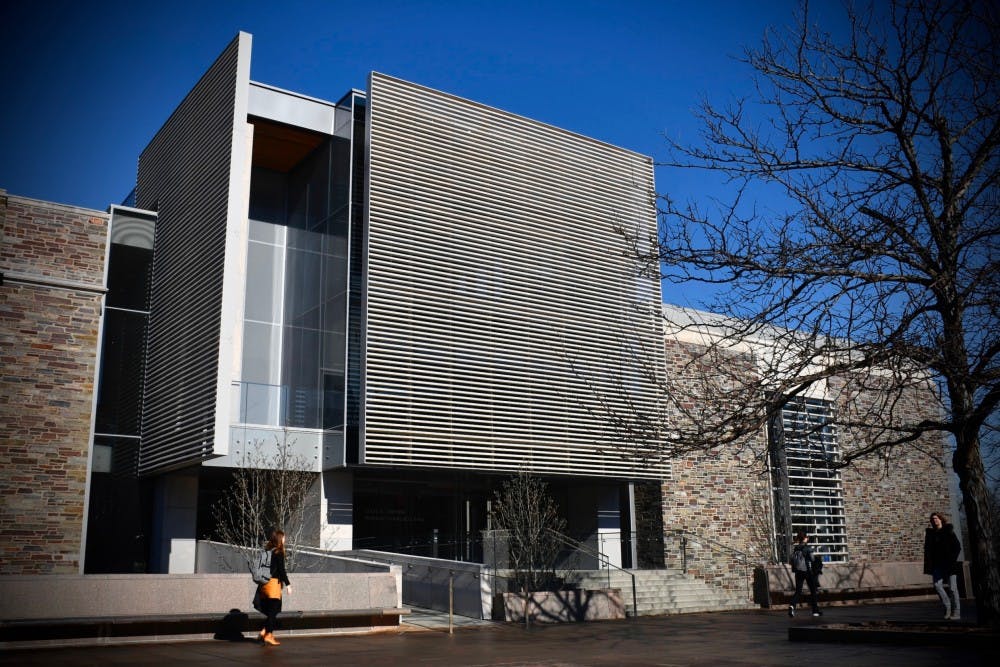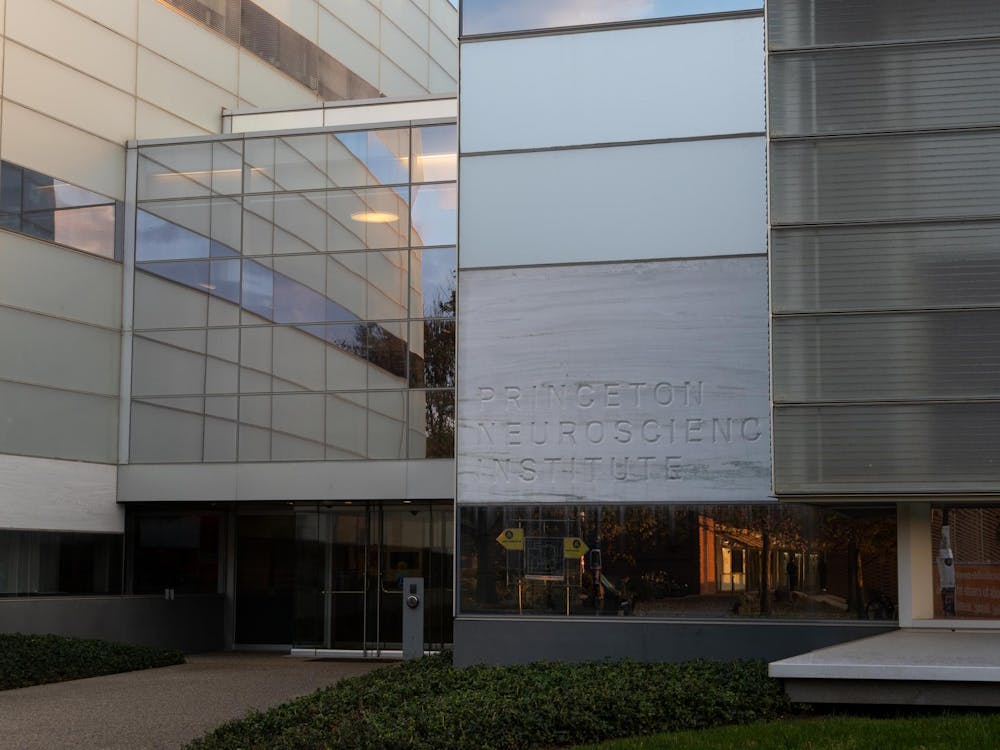In a Feb. 13 lecture on Russian-American relations, Professor Emeritus Stephen F. Cohen argued the United States and Russia are engaged in a new Cold War.
Cohen is the former director of the University’s Russian studies program and Professor Emeritus of Russian studies, history, and politics at New York University. He is also a contributing editor at The Nation and author of numerous books, including “Failed Crusade: America and the Tragedy of Post-Communist Russia.”
“This new Cold War is more dangerous than the one we survived,” Cohen said. He followed by outlining the major reasons to believe his claim.
Cohen explained that the “new Cold War” began in the early 1990s, immediately following the end of the Cold War, when American policy specifically antagonized, isolated, and demeaned Russia.
During that time, the U.S. expanded the North Atlantic Treaty Organization (NATO), despite promising not to do so after the German unification in 1990. The U.S. also intervened in Serbia during the Yugoslav Wars, further angering Russia, which considers Serbia a cultural and ideological “little brother.”
For Cohen, these two actions, as well as the recent U.S. withdrawal from the Intermediate-Range Nuclear Forces (INF) treaty, have significantly contributed to current poor relations.
Russia’s concern about nearby NATO bases continues to fuel the new Cold War.
“NATO conventional (non-nuclear) weapons in the Baltics could hit Saint Petersburg,” Cohen said. “Imagine if Russia had artillery in Canada or Mexico that could hit the U.S.”

Potential conflict extends even beyond the nations’ borders. Cohen said that there are many places, like Ukraine and Syria, where American and Russian personnel have the potential to fire on each other and trigger a major diplomatic incident.
To further complicate the relationship between the two countries, the American media’s outlook on Russia is overwhelmingly negative with regard to Vladimir Putin. The American public also holds the misconceptions that Russia has a small economy and lacks allies.
To solve the crisis, Cohen recommended recognizing Russia as an equal Great Power and increasing cooperative ties in counter-terrorism efforts.
He concluded by quoting an old Russian adage, “A pessimist thinks everything is as bad as it can be, an optimist knows it can get worse.”

The lecture, entitled “War with Russia,” was sponsored by the Princeton Institute for International and Regional Studies. The event was held in the Louis A. Simpson building at 4:30 p.m.








